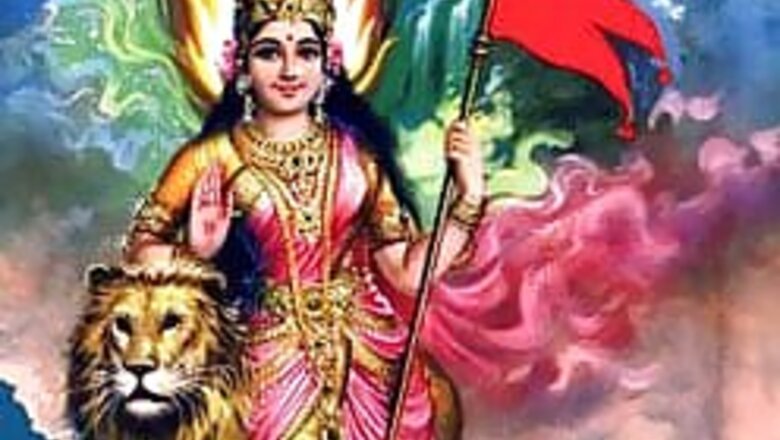
views
New Delhi: On its centenary, Bankim Chandra’s Vande Mataram has run into a mire of controversy. The big questions are: should it be made compulsory for all Indians to sing the song? Does refusal to sing it amount to disrespect?
In the new age, authority of any sort invites suspicion. I am not so sure if we will all turn into anti-nationals overnight if we didn't sing our National Song (and whether it is the national song is also debatable).
And if it makes us less Indian or less patriotic in any way, then I am not sure anymore what being an Indian means.
Today it is a ‘must sing’, tomorrow it could be a ‘must wear’, and soon after the inevitable ‘must talk’, ‘must pray’, ‘must believe’ may follow. After all, it takes a little movement to create an avalanche.
But to understand the controversy, we need to understand where the song comes from and what its cultural and political associations are today.
The song comes from Bankim Chandra’s nationalistic novel Anand Math -you may remember the old black-and-white movie of the same name and Lata Mangeshkar’s beautiful rendition of the song.
Anandmath is one of the first nationalistic novels, which communicates the struggle for and need of a monologic state, similar to the kind envisioned by the extreme right. While the book and its spirit might be enjoyed in its historic and cultural context, one wonders how relevant it is today in a time when one is fighting desperately for a state that celebrates heterogeneity.
Playing the popular card has allowed organisations like RSS and BJP to appropriate the spirit of the novel - they’ve made the song their own.
Next Page: Debate on Vande Mataram
![]() The song was actually written six years prior to in 1876.
The song was actually written six years prior to in 1876.
![]() Interestingly, though the original song is longer, only first two stanzas are popularly sung. In the later stanzas the motherland is likened to goddess Durga, something that Muslim leaders were against.
Interestingly, though the original song is longer, only first two stanzas are popularly sung. In the later stanzas the motherland is likened to goddess Durga, something that Muslim leaders were against.
![]() The Song is not new to controversy either. While it was treated as the national anthem of India for some time in the pre-Independence era, it was the Tagore-composed Jana Gana Mana which was finally chosen as the Anthem of independent India.
The Song is not new to controversy either. While it was treated as the national anthem of India for some time in the pre-Independence era, it was the Tagore-composed Jana Gana Mana which was finally chosen as the Anthem of independent India.
PAGE_BREAK
In a society where things largely work on perceptions, it is also important to ask what is Vande Mataram perceived as today? The song is no ‘innocent lyric’; we live in post-lapserian times, and the song is perceived to be associated with the colour saffron.
It is associated with aggression and its nationalistic connections cannot be de-linked from its communal ones anymore.
Having understood this, it would be awfully naïve and simplistic to expect a minority community which is already under religious bindings (not to pray or ‘do vandana’ to any power other than their God) to smile and sing the song. A community which despite its allegiance to the nation is aware of these communal links would find it difficult to openly and formally sing the song.
It can be debated or argued that refusing to sing the song is a sign of a community having a higher allegiance than the allegiance it holds towards its country, but this is a tenuous argument because the nationalistic spirit and nationalism as a force in the post-modern world has long been written-off as contrary to the global spirit and the liberal humanist spirit that people like Tagore and Gandhi advocated.
The nation, at the end of the day is a political construct and its laws and demands should hold sway on the polity, not the emotional lives of its citizens.
One can persecute a person for disrespecting the nation but you cannot persecute him for not ‘respecting’ it.
Forum: Does not singing National Song amount to disrespect?
Know Your Vande Mataram



















Comments
0 comment